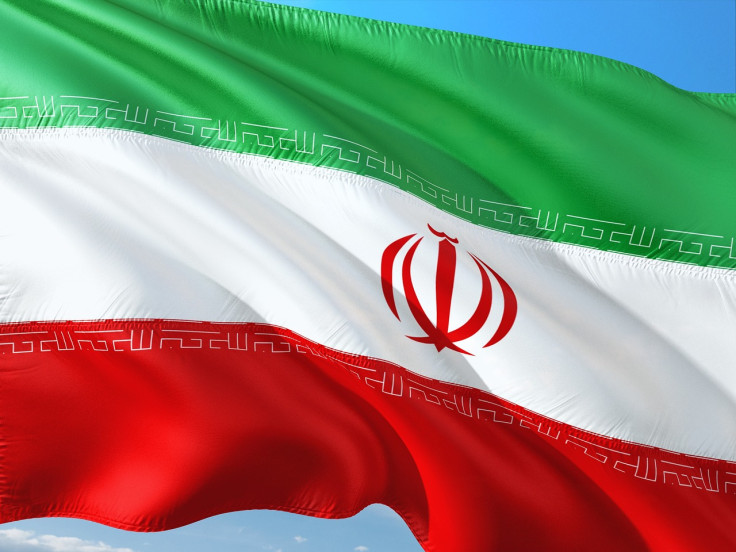'Pay £80,000 or Die': Iranian Child Bride Who Married at 12 Faces Execution for Killing Her Abusive Husband
Married at 12, abused for years and now facing death unless blood money is raised

Goli Koohkan, a 25-year-old woman from Iran's Baluch minority, faces imminent execution after being convicted of helping to kill her abusive husband. Her only hope of survival is to raise approximately 10 billion tomans (about £80,000) in blood money by December— a sum that remains overwhelming for her and her supporters.
Koohkan's case has become a symbol of the harsh realities facing women and minorities in Iran, drawing attention from human rights organisations worldwide.
From Child Bride to Death Row
Koohkan was married at age 12 to her cousin without her consent, in a rural area of Iran. She became pregnant at 13. Years of abuse followed, according to reports, including physical violence and threats. On the day in question, when her husband was reportedly beating their five-year-old son, Koohkan called a cousin for help. After a fight, the husband died. (She was arrested at age 18 and has now spent seven years on death row in Gorgan prison.
Under Iranian law, murder is punishable by qisas (retribution-in-kind), a system rooted in traditional interpretations of justice. However, the law allows the victim's family to spare the life of the convicted person by accepting diyeh (blood money). In Koohkan's case, a deal was reportedly negotiated with her husband's family, but the process has stalled.
The deadline for payment is fast approaching, and the required lump sum remains an almost insurmountable hurdle for Koohkan's family, who have limited financial resources. This situation has left her life hanging in the balance, dependent not on the justice system, but on the ability to gather an enormous sum of money.
Systemic Inequalities
Human rights groups say Koohkan's case illustrates broader structural discrimination — women, child brides, ethnic minorities, and poor people in Iran often face compounded disadvantages. According to reports, Koohkan lacked legal representation during early interrogation and is illiterate.
Her case has drawn international attention, not just for her personal plight but as emblematic of Iran's treatment of minors, women and ethnic minorities under its criminal justice system.
Legal and Humanitarian Implications
The requirement for such a large sum of 'blood money' effectively places Koohkan's fate in the hands of her husband's family — a mechanism that critics say is deeply flawed, especially in cases involving domestic abuse and child marriage. The system is inherently unequal, allowing those with resources or connections to escape the harshest penalties, while the poor are left with little recourse.
A Guardian analysis described the blood money requirement as a cruel lottery of life or death, governed by the fortunes of an impoverished prisoner and the willingness of her victim's relatives to show mercy. This process often leaves vulnerable women like Koohkan with no real path to justice.
Child marriageremains legal in Iran under certain conditions. That Koohkan married at 12, had a baby at 13 and was sentenced to death for defending her child and herself underscores concerns over legal protections for children and women.
What Happens Next
Koohkan's supporters are reportedly trying to raise the money before the December deadline. Iranian authorities have said the deal must be completed and conditions — including that Koohkan leave Gorgan and sever contact with her son — must be honoured.
For now, Koohkan remains imprisoned under a sentence of death. Her case continues to generate international appeals and condemnation, with human-rights advocates urging Tehran to commute her sentence and reconsider how the law treats victims of abuse who are themselves processed as offenders.
© Copyright IBTimes 2025. All rights reserved.





















